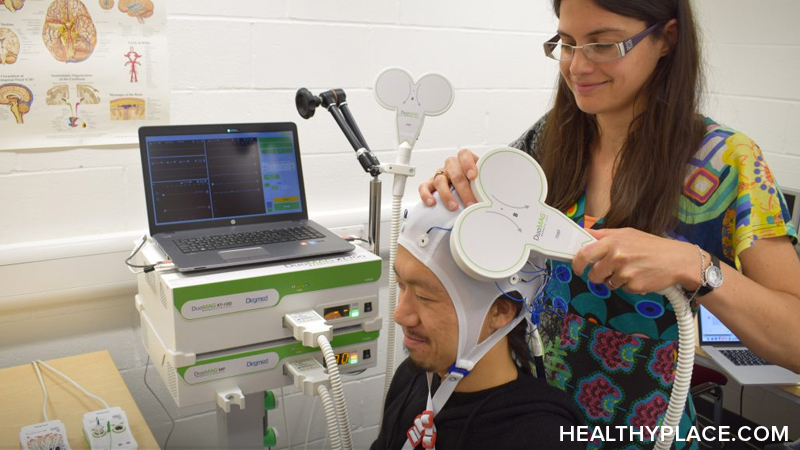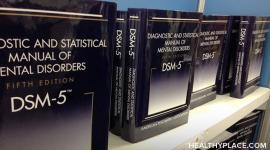Magnetic Seizure Therapy Sounds Scary. What Is It?

Magnetic seizure therapy is a promising new convulsive neurostimulation therapy. It is currently being trialed for the treatment of depression, schizophrenia and obsessive-compulsive disorder (OCD) where other treatments have been unsuccessful. The procedure uses transcranial magnetic stimulation to induce therapeutic seizures.
It may sound scary, but studies into the effectiveness of magnetic seizure therapy against treatment-resistant depression (TRD) have shown favorable results with no significant side-effects. So what exactly is magnetic seizure therapy, and how does it work?
Magnetic Seizure Therapy: What Is It?
Magnetic seizure therapy (MST) is a form of electrotherapy that works in a similar way to electroconvulsive therapy (ECT). However, the electrical current used in MST can avoid stimulating the temporal lobe during treatment, so it does not cause the cognitive side-effects associated with ECT.
In magnetic seizure therapy, magnetic field pulses are delivered through a magnetic coil to your brain while you are under anesthesia. This induces a small seizure. The aim of MST is to increase the flow of cerebral blood to the regions of the brain responsible for depressive symptoms.
Magnetic Seizure Therapy Risks and Benefits
Magnetic seizure therapy is only provided as part of a research study, so it is unclear what the long-term benefits and risks are. In the cases where MST has been delivered, however, no known cognitive side-effects have been reported. General side-effects include headache, dizziness, fatigue, nausea and vomiting – but these may be due to the anesthesia rather than the MST itself.
Treatment isn't automatic; it usually takes around 15-24 treatments to see success from MST. Therefore, the only known risks associated with this practice are the side-effects of the anesthesia and other risks associated with surgery, such as infection.
Are You Eligible for Magnetic Seizure Therapy?
Magnetic seizure therapy is still in the trial phase, but it does show promise for patients with treatment-resistant depression or schizophrenia. Eligibility criteria are not yet clear, nor is the cost or availability of treatment. However, if and when magnetic seizure therapy is approved, it will most likely be used in cases where the patient's quality of life is severely impacted and other forms of treatment, such as medication and psychotherapy, haven't worked. You must also be medically assessed to make sure you are well enough to have anesthesia.
If you think you or a loved one would benefit from MST, you should look out for studies in your local area. Clinical trials of this nature are generally offered to those experiencing symptoms of depression, schizophrenia or obsessive-compulsive disorder.
Will Magnetic Seizure Therapy Work?
A study published in Frontiers in Psychiatry in 2018 and reported by Psychiatry Advisor showed that three out of eight patients who attended a trial of magnetic seizure therapy went into remission following the treatment, with no adverse cognitive effects. Four of these participants did not complete the study, and one showed no response.
Study investigators believe that these results support the use of magnetic seizure therapy in patients with treatment-resistant schizophrenia but agree that further studies must be carried out to assess its long-term effects and usefulness.
APA Reference
Smith, E.
(2019, August 19). Magnetic Seizure Therapy Sounds Scary. What Is It?, HealthyPlace. Retrieved
on 2026, January 9 from https://www.healthyplace.com/other-info/mental-illness-overview/magnetic-seizure-therapy-sounds-scary-what-is-it



